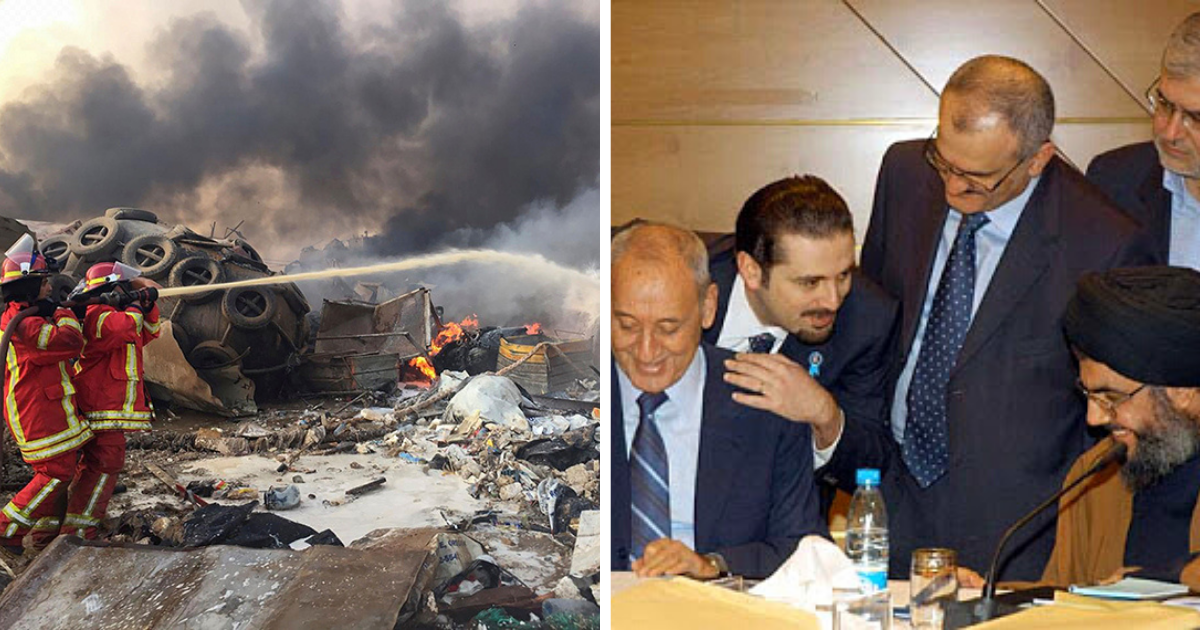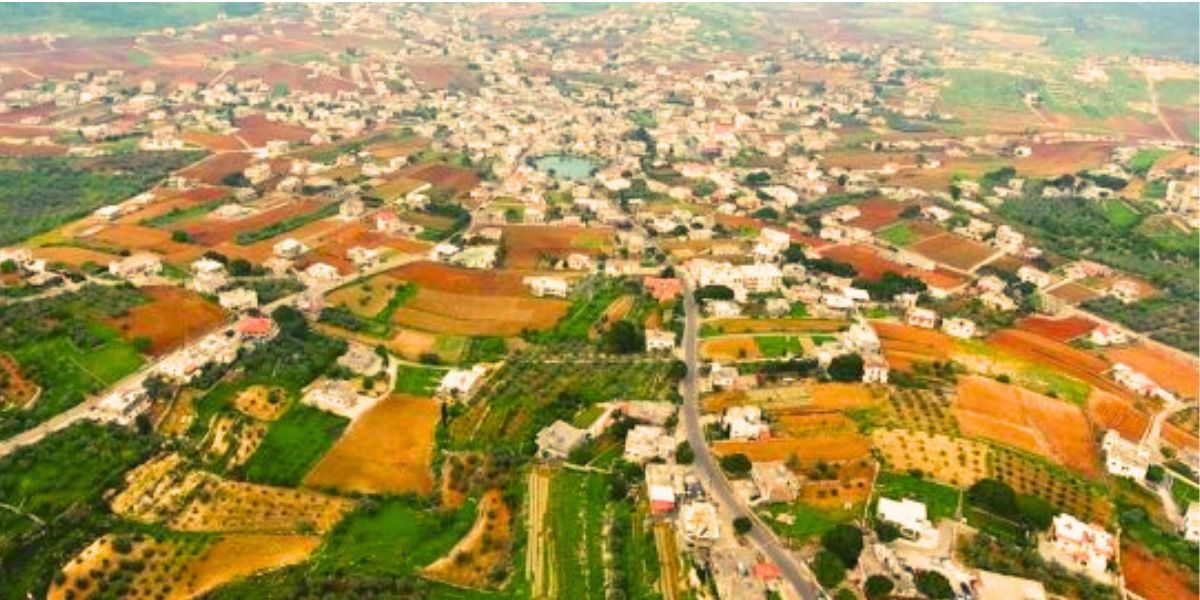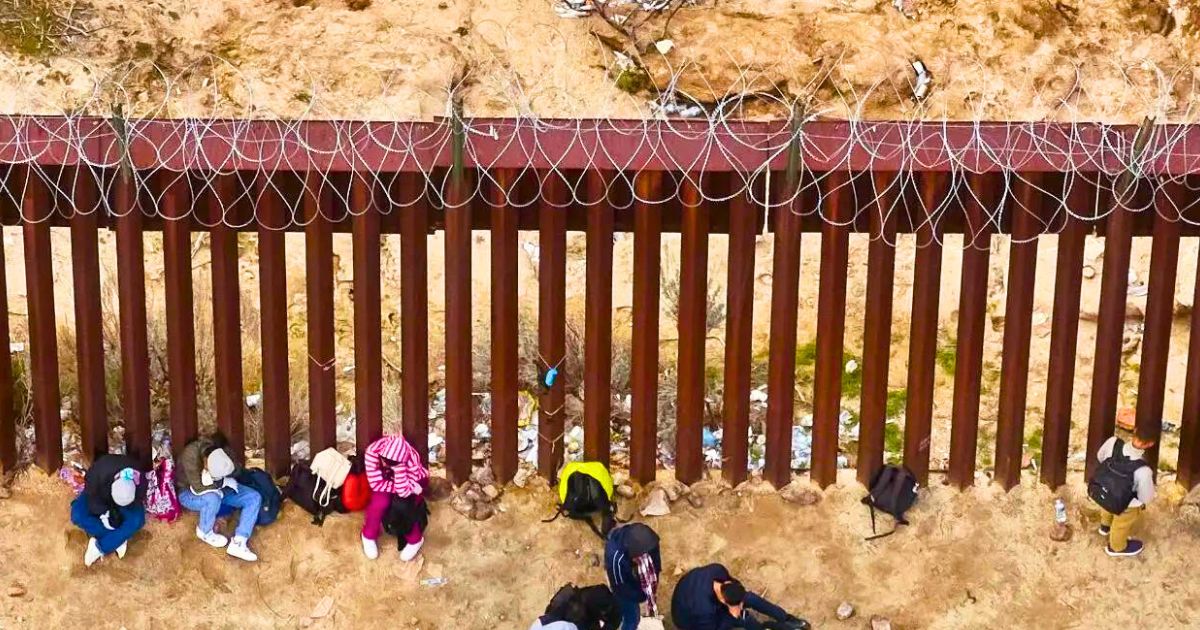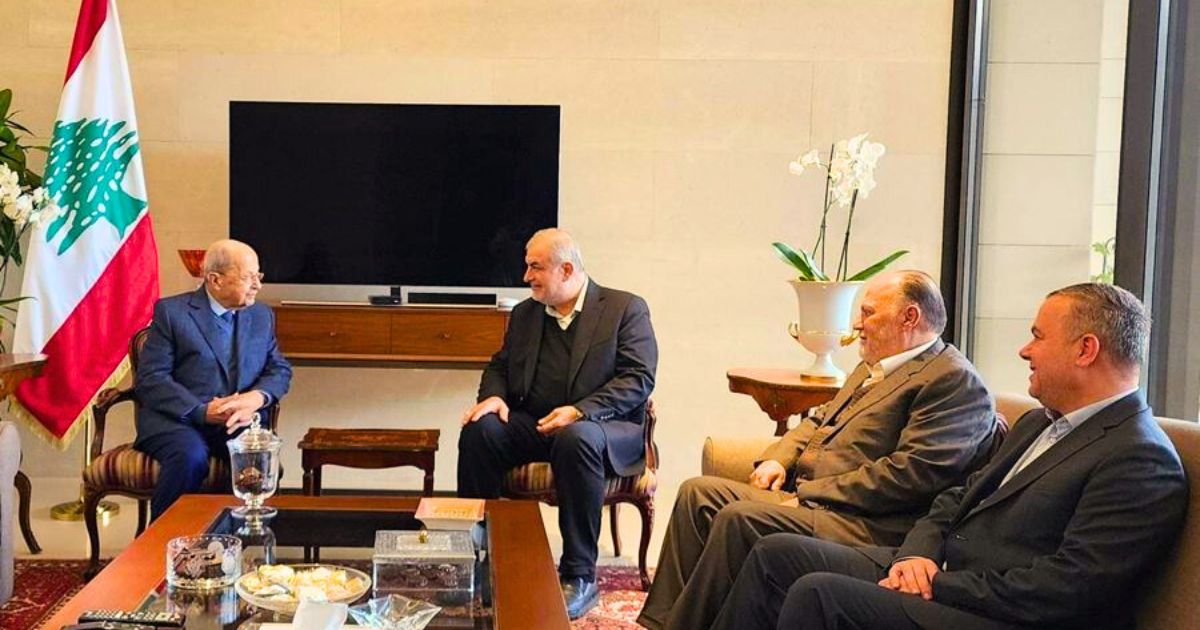The New York Times published a detailed report about Lebanese officials trying to limit Judge Sawan’s investigation into the Beirut Blast.
The report exposes how Lebanon’s powerful political elite are actively working to block the judge from questioning senior figures, much less holding them responsible. Details also revealed how restricted judge Sawan has been in his assigned mission since the start.
“Prime Minister Hassan Diab promised a comprehensive investigation, and the task fell to a 60-year-old judge with little public profile, Fadi Sawan,” New York Times author Ben Hubbard wrote in his report.

According to Judge Sawan’s associate, the lead investigator started questioning people in a windowless office in the Hall of Justice that was so small there was scarcely room for the case files.
It is certainly revealing of the extent of concern of the officials, even the judiciary, to allocate such a restricted working space to the person assigned with a task of that magnitude: Investigating the biggest mass-crime in the country’s history.
And it goes worse.
While “he has since acquired more space,” Hubbard’s source said, “his staff consists of only two clerks, who take notes by hand.”
The New York Times author reflects on the documents obtained by news outlets after the blast and that explain how a range of senior officials had been previously warned about the ammonium nitrate, including the president, the prime minister, the head of the Lebanese Army, and a number of judges and ministers.
Hence, it becomes even more infuriating to learn that these officials who had the power to stop the tragedy from happening not only failed to do so but they have been restricting the work of the leading judge.
After Judge Sawan charged caretaker Prime Minister Hassan Diab, and former ministers Ghazi Zaiter, Ali Hassan Khalil, and Youssef Fenianos, a powerful line of political forces banded together to accuse the judge of overstepping his boundaries.
Hubbard describes the “band” in a simple line up that is quite indicative:
“The political party of President Michel Aoun said the judge might have broken the law. Hezbollah, the powerful Shiite Muslim militia and political party, accused him of “political targeting.” Former Prime Minister Saad Hariri, the most prominent Sunni Muslim politician, met with Mr. Diab to show solidarity against what he called ‘the clear and flagrant violation of the Constitution’.”

And he goes further including in the caretaker interior minister Muhammad Fahmi who challenged Judge Sawan’s summons of the indicted officials.
Calling it a ‘further escalation of the challenge to the Judge’s authority’, he cited how Fahmi “said that he would not ask the security forces to arrest the accused ministers, even if warrants were issued.”
Hubbard is pointing to the clear actions taken by the Lebanese political elite to hinder the investigation from bearing fruit, and it’s working. Fadi Sawan suspended the inquiry for 10 days in order to respond.
That’s if an outcome-yielding response could be possible, considering that the judge is facing stern opposition from those same who are meant to lend him all support.
Yet again, a windowless office with barely some space for the case files, a two-clerks team, and so on, that’s already all too indicative of how seriously the country’s authorities have taken this crucial investigation from the start.

All while the nation awaits closure and justice.
At the judge halting the probe, the people prompted to take a stand of solidarity with him, demanding that the investigations continue. They demonstrated in front of the Judge’s house in Achrafieh, Beirut, on the same day he announced the suspension.
“Bring them all in,” the protesters chanted, insinuating that all the corrupt politicians in power are responsible for the tragedy. “No one’s above the law.”
Critics of the judge argue of the fact that current and former government ministers can be tried only by a special tribunal after they have been indicted by a two-thirds vote in Parliament.
However, in all of Lebanon’s history, such a tribunal has never been activated, nor has Parliament made any effort to do so since the explosion.
“What bigger event than the destruction of the port and half of Beirut do they need to constitute this council?” Charles Rizk, a former justice minister, said in an interview. “All of this is a hoax, a fraud to make everyone forget who was really responsible.”
The New York Times journalist makes it clear that prominent Lebanese politicians are pulling the case into a political sphere, one that they control and which has rarely punished one of their own.
“Legality is important, but we are stuck with the politics, and the politics is stronger here,” former minister Rizk said.
With the blast investigation paused, all scheduled questioning sessions have been postponed. That includes the questioning of Caretaker Prime Minister Hassan Diab and a joint hearing session with State Security Head Major General Tony Saliba and State Security official Major Joseph Naddaf.
“This blast was a milestone in Lebanese history,” Nizar Saghieh, a lawyer who heads The Legal Agenda, a rights watchdog, told The New York Times.
“It is not just about the blast, it is the whole system. If we fail in this battle, we will not be able to hold anyone accountable for the country’s collapse,” Saghieh added.

















